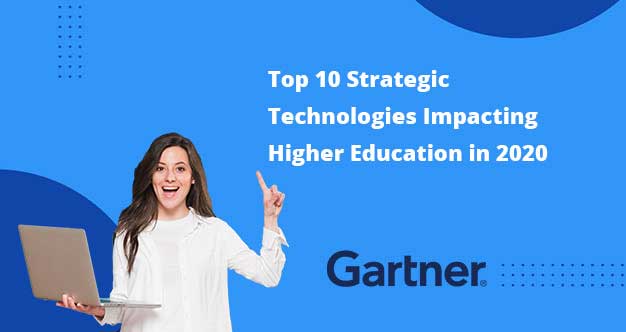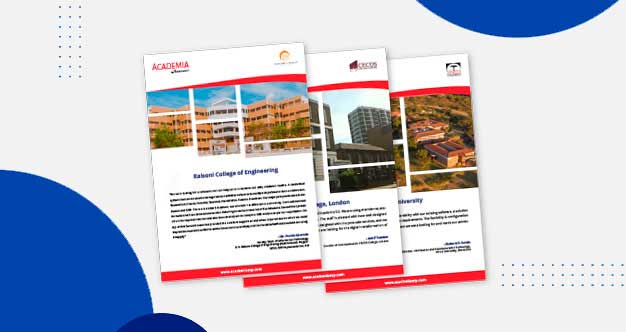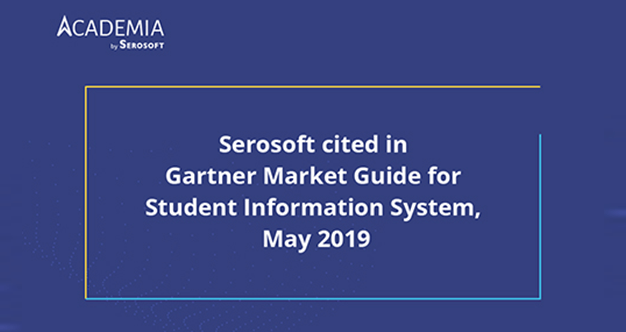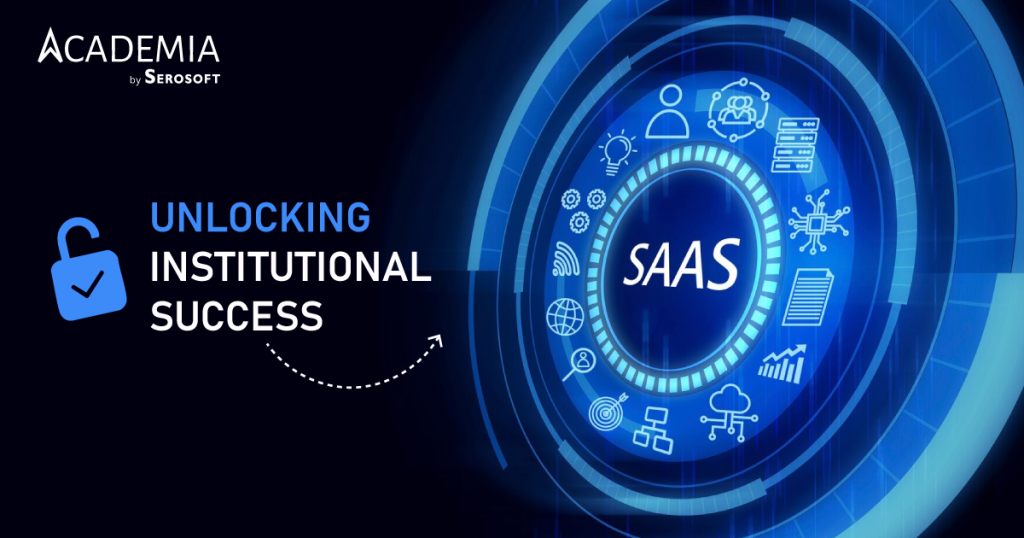Leveraging Technology for Enhanced Enrollment and Student Success
In today’s digital era, technology has revolutionized almost every aspect of our lives, and education is no exception. With the increasing demand for higher education, educational institutions are constantly seeking innovative ways to improve enrollment rates and enhance student success. Technology, with its myriad of applications, has emerged as a powerful tool for achieving these goals. In this blog, we will explore the various ways technology can be harnessed to improve enrollment and student success, while subtly highlighting the benefits of utilizing an Academic Enterprise Resource Planning (ERP) system.
Streamlining Enrollment Processes: Traditionally, the enrollment process has been plagued with paperwork, long queues, and administrative delays. However, technology has transformed this cumbersome process into a seamless and efficient experience. Online application systems and portals enable prospective students to complete their applications conveniently from anywhere, eliminating the need for physical presence. Automated systems for document submission, fee payment, and course selection reduce errors and save time for both students and staff. By streamlining enrollment procedures, technology ensures a smoother transition for students, enhancing their overall experience and increasing enrollment rates.
Enhancing Communication and Collaboration: Clear and effective communication plays a pivotal role in fostering student success. Technology facilitates instant communication channels, such as emails, discussion forums, and messaging platforms, connecting students, faculty, and administrative staff. These platforms enable students to seek clarification, discuss assignments, and collaborate on projects, regardless of geographical barriers. Moreover, virtual classrooms and webinars provide opportunities for interactive learning, where students can engage in real-time discussions with professors and peers. By enhancing communication and collaboration, technology creates a supportive learning environment that fosters student success.
Personalized Learning and Adaptive Assessment: Every student is unique, with individual strengths, weaknesses, and learning styles. Technology allows for personalized learning experiences tailored to each student’s needs. Learning management systems (LMS) offer adaptive learning modules, where students can progress at their own pace and receive targeted feedback. Intelligent algorithms can identify knowledge gaps and provide customized recommendations to help students improve. Furthermore, digital platforms offer self-paced learning resources, such as interactive tutorials and multimedia content, allowing students to revisit concepts and grasp them thoroughly. By embracing technology, educational institutions can empower students to take charge of their learning journey, leading to improved academic outcomes.
Data Analytics for Proactive Support: Data analytics has emerged as a powerful tool to analyze student performance, identify early warning signs, and provide timely support. By leveraging technology, educational institutions can collect and analyze vast amounts of data, including attendance records, grades, and student engagement metrics. This data can be used to predict student success and identify students who may be at risk of academic or personal challenges. Early intervention measures can then be implemented to provide proactive support, such as counseling, tutoring, or mentorship programs. Through data-driven insights, technology assists in creating a nurturing environment that enables students to overcome obstacles and achieve their full potential.
Academic ERP, An Optimal Solution: While numerous technological solutions exist to improve enrollment and student success, an Academic ERP system stands out as a comprehensive option. An Academic ERP integrates various functions, such as admissions, registration, academic management, and student services, into a unified platform. It facilitates seamless data flow across departments, ensuring efficient processes and enhanced communication. By utilizing an Academic ERP, educational institutions can streamline their operations, improve decision-making, and provide a holistic experience for students. It offers a centralized hub for student data, allowing administrators to gain valuable insights and take proactive measures to support student success.
Conclusion: Technology has become an indispensable tool in enhancing enrollment rates and fostering student success in higher education. From streamlining enrollment processes to personalized learning, adaptive assessment, and data analytics, technology offers numerous avenues for improvement. Among the various technological solutions, the Academic ERP system emerges as a powerful and comprehensive option, enabling educational institutions to optimize their operations and support student success. By embracing technology and adopting innovative solutions like Academic ERP, educational institutions can pave the way for a brighter and more successful future for their students.
 Higher Ed Plans
Higher Ed Plans K12 Plans
K12 Plans










